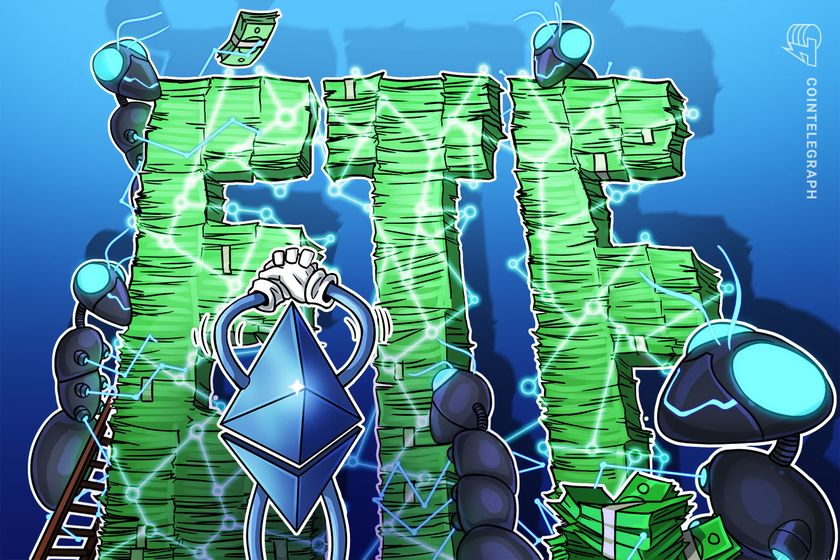European banks launch ‘sustainable’ blockchain platform for digital bonds

The platform makes the first use case of a so-called “Proof of Climate” blockchain protocol.
Two banks from Sweden and France announced the launch of a new digital bond platform built on blockchain technology. The platform will enable institutional clients to issue, trade and settle bonds digitally, providing a more efficient and secure process than traditional methods.
The platform is a joint project of Skandinaviska Enskilda Banken (SEB) and Credit Agricole Bank, called “so|bond.“ According to the announcement from April 3, the blockchain network will be using a validation protocol, “Proof of Climate awaReness,” and minimizing its environmental footprint.
The Proof of Climate awaReness protocol is said to enable an energy consumption comparable to non-blockchain systems and incentivize participating nodes to improve the environmental footprint of their infrastructures.
Each node will be remunerated according to a formula linked to its climate impact: the lower the environmental footprint, the larger the reward. so|bond would become the first use case for the protocol, developed by the French-based IT provider Finaxys.
Related: UBS’s acquisition of Credit Suisse brings some good and bad for crypto
Romaric Rolleti, head of innovation and digital transformation at Crédit Agricole CIB, said that the bond blockchain platform was part of a larger plan for the bank’s digital transformation:
“The platform’s innovative approach, both to the blockchain infrastructure and to the securities market, is coupled with the strong commitment to green and sustainable finance that is at the center of our Societal Project.”
The project joins a significant amount of other efforts to explore the use of blockchain, smart contracts and the Internet of Things (IoT) for a global environment cause. For example, in October 2022, The Bank for International Settlements (BIS), the Hong Kong Monetary Authority and the United Nations Climate Change Global Innovation Hub presented the results of their Genesis 2.0 initiative — two prototypes of tokenized green bonds.









